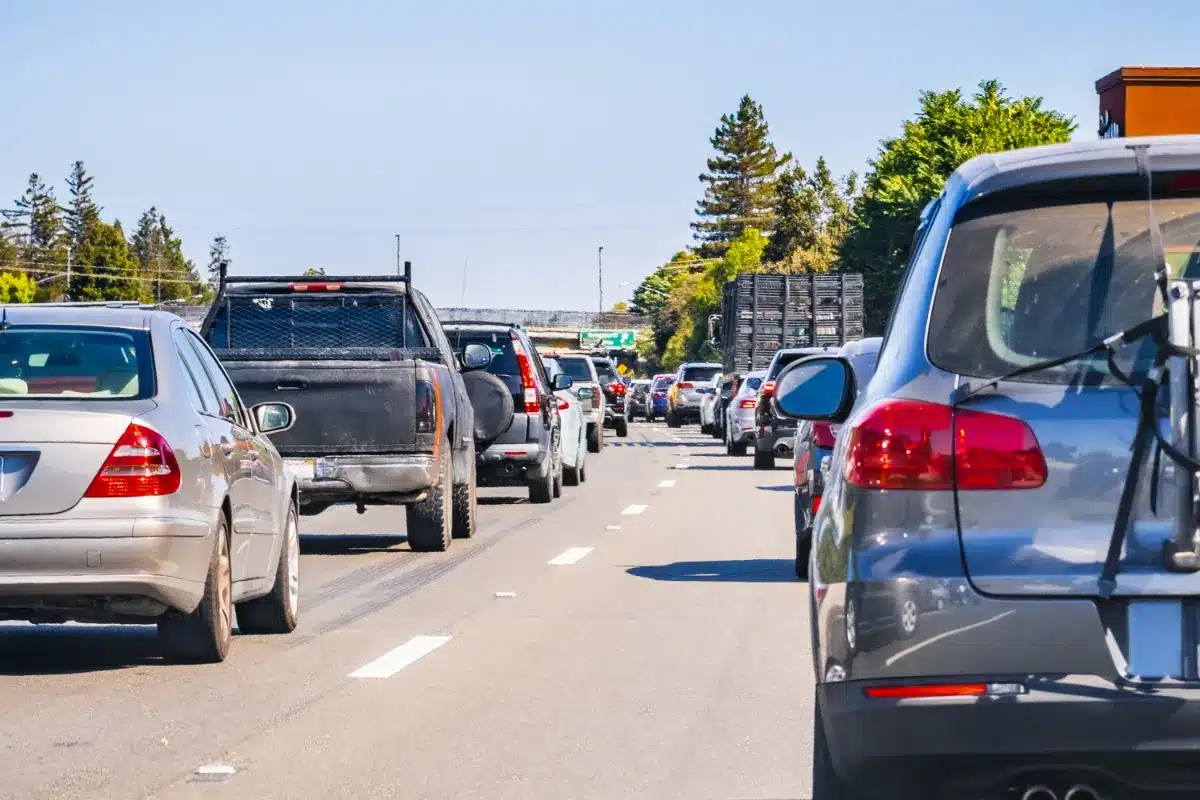Big changes are coming for Florida drivers with the new road law known as HB 351, which is set to roll out soon. The law targets dangerous driving by stepping up the punishment for going way over the speed limit. It introduces a new criminal offense called “dangerous excessive speeding” (a term used to pinpoint really risky driving), and it’s set to shake up the rules for motorists across the state.
Getting to know the law
HB 351 is changing how Florida handles speeding tickets. Starting Tuesday, July 1, this new rule moves away from the old-school method of treating speeding as just a traffic infraction. Instead, it labels certain high-speed incidents as a criminal offense. There are two ways a driver can fall foul of this new rule. First, if you’re caught cruising at least 50 mph over the speed limit, you’re in trouble under the law. Second, if you hit 100 mph or more and your speed puts people or property at risk, that also counts (basically, it’s all about keeping everyone safe on the road).
The legal side of things
In Florida, reckless driving has always been seen as a criminal act, but most speeding tickets were just fines. With HB 351, however, some speeding incidents are being treated much more seriously. For a first offense under “dangerous excessive speeding,” a driver could spend up to 30 days in jail, be slapped with a $500 fine, or even face both penalties. If someone repeats the offense, they could be looking at up to 90 days behind bars and a fine of $1,000. Plus, if you rack up multiple convictions over five years, your driver’s license could be taken away for anywhere between 180 days and one year (a stern warning to think twice before speeding).
New twists and extra measures
Lawmakers put a lot of thought into HB 351, tweaking the bill before it was passed. One early proposal even suggested impounding vehicles for 30 days after a reckless driving incident, but that idea was later dropped. This law is just one piece of a larger legislative package, with over 120 new laws coming into play at the same time. One notable change is a new rule about license plates for drivers from different states, all rolled out on the same day, showing how extensive these updates are across road safety and vehicle regulations.
What this means for Florida drivers
For those hitting the roads in Florida, it’s important to get a handle on these new rules. HB 351 isn’t just about laying down the law—it’s also a nudge for drivers to take a good look at how they drive. By cracking down on extreme speeding, the state hopes to discourage driving habits that put lives and property at risk. As these changes roll out, Florida’s approach could end up being a blueprint for other states dealing with similar issues. For now, drivers need to stay updated on these developments and adjust their habits to stay on the right side of the law.
Make sure you keep up with these changes and drive safely!









